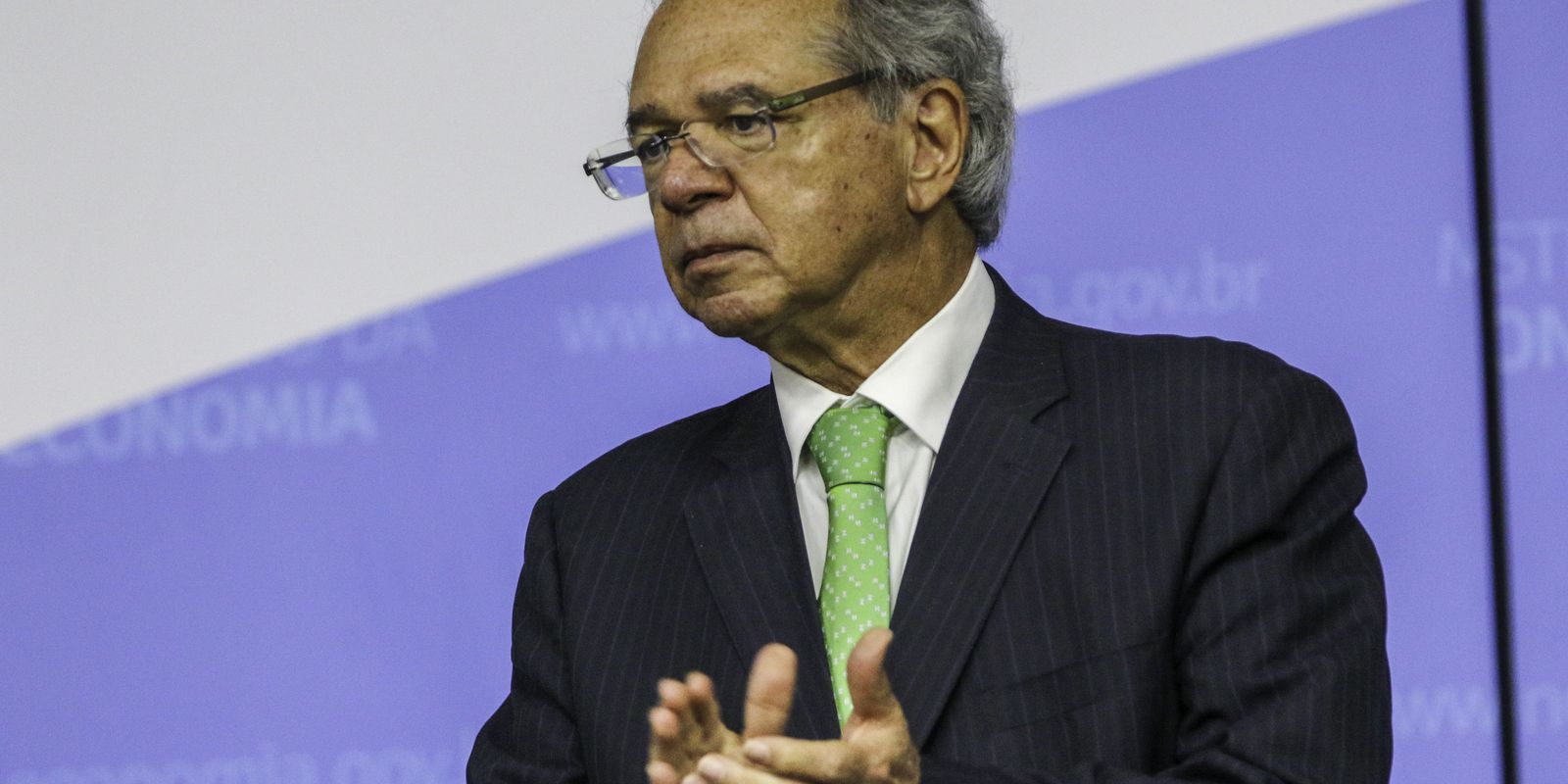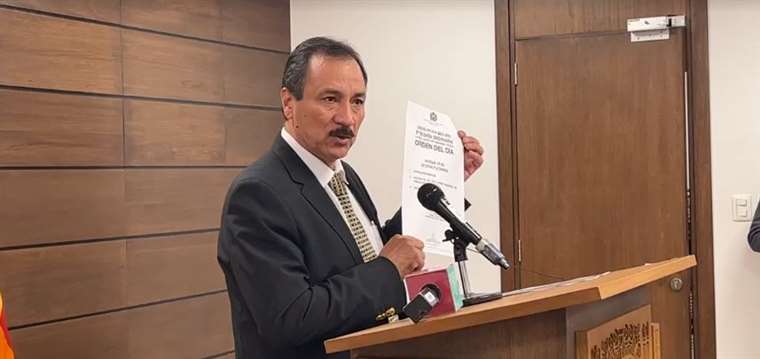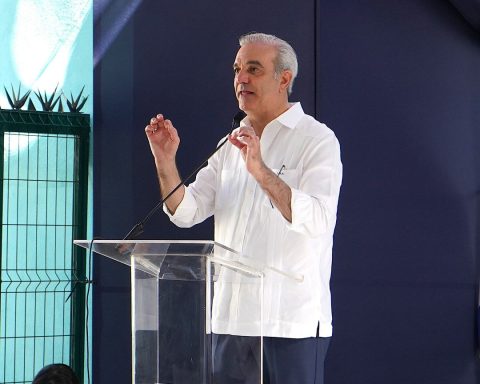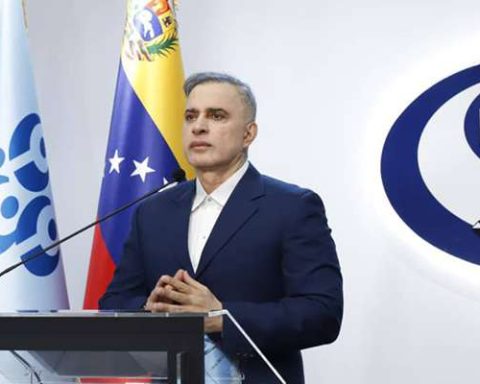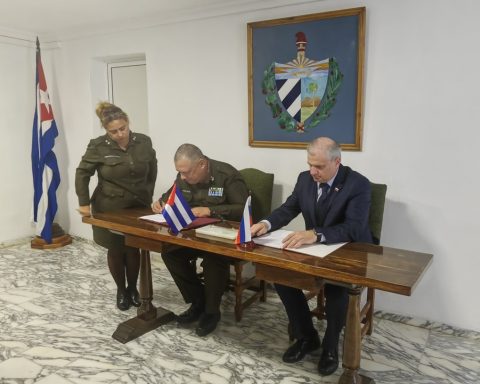Despite having been extrapolated several times in recent years, the federal spending ceiling remains a necessary tool to guarantee the stability of public accounts, said today (18) the Minister of Economy, Paulo Guedes. According to him, the government had to submit constitutional amendments that resulted in spending beyond the limit because the mechanism was poorly constructed.
“If you have a fireplace at home, it’s good to have a chimney. A poorly built roof, if the house catches fire, everyone dies asphyxiated. The roof [de gastos] it was poorly built. In 2019, we arrived with the ‘More Brazil’ mentality to transfer resources to states and municipalities, but we couldn’t because the ceiling was broken, which was poorly built”, declared the minister in his first speech since the second round of presidential elections.
Guedes participated in an event celebrating the 30th anniversary of the Secretariat for Economic Policy (SPE). According to the minister, the ceiling was only drilled in exceptional situations, which required extra expenses.
Historic
In the current government, the spending ceiling was extrapolated five times. The first occurred in 2019, when a constitutional amendment allowed the government to withdraw from the cap about R$ 60 billion transferred to states and municipalities after the review of the onerous assignment of the pre-salt layer. In 2020, the ceiling was pierced again because of the War Budget, which allowed the payment of Emergency Aid and help to local governments in the first months of the covid-19 pandemic.
The ceiling was punctured three more times. In 2021, the Emergency PEC, which resulted in the new fiscal framework, authorized the expenditure of BRL 44 billion for the payment of the second round of Emergency Aid. Just last year, the PEC on Precatories released another BRL 110 billion outside the ceiling: around BRL 65 billion with the change in the formula for correcting the spending ceiling and around BRL 45 billion with the postponement of precatories ( debts recognized by the Court).
Finally, in July of this year, another constitutional amendment released R$ 41.2 billion to increase the value of the Brazil Aid to R$ 600 and create the Taxi Driver and Truck Driver aid.
Social programs
In his speech, Guedes said that an alleged conflict between social policies and fiscal irresponsibility exists due to the technical inability of previous governments. According to him, the current government increased social transfers without harming public accounts.
“We launched the best social program ever, with fiscal responsibility. So, what is this story about the social conflict with the tax? This reveals ignorance, technical ignorance and an inability to solve problems,” he declared. The minister repeated statements that the country is “walking the path of prosperity” and classified any retreat in relation to current economic policies as an error.
Regarding hunger in the country, Guedes said that the problem existed before and that the current government “discovered the invisible ones” by creating Emergency Aid in 2020. The program, which was in effect in 2020 and 2021, served informal workers. In force since the end of last year, Auxílio Brasil inherited the public from Bolsa Família.
The minister also listed economic achievements of the current management and cited the creation of Pix, the Central Bank’s instant transfer system, as a government feat.
In addition to Guedes, the Minister of Mines and Energy and former Secretary of Economic Policy, Adolfo Sachsida; the head of the Special Office for Economic Studies, Rogério Boueri; and the Secretary of Economic Policy, Pedro Calhman de Miranda.
